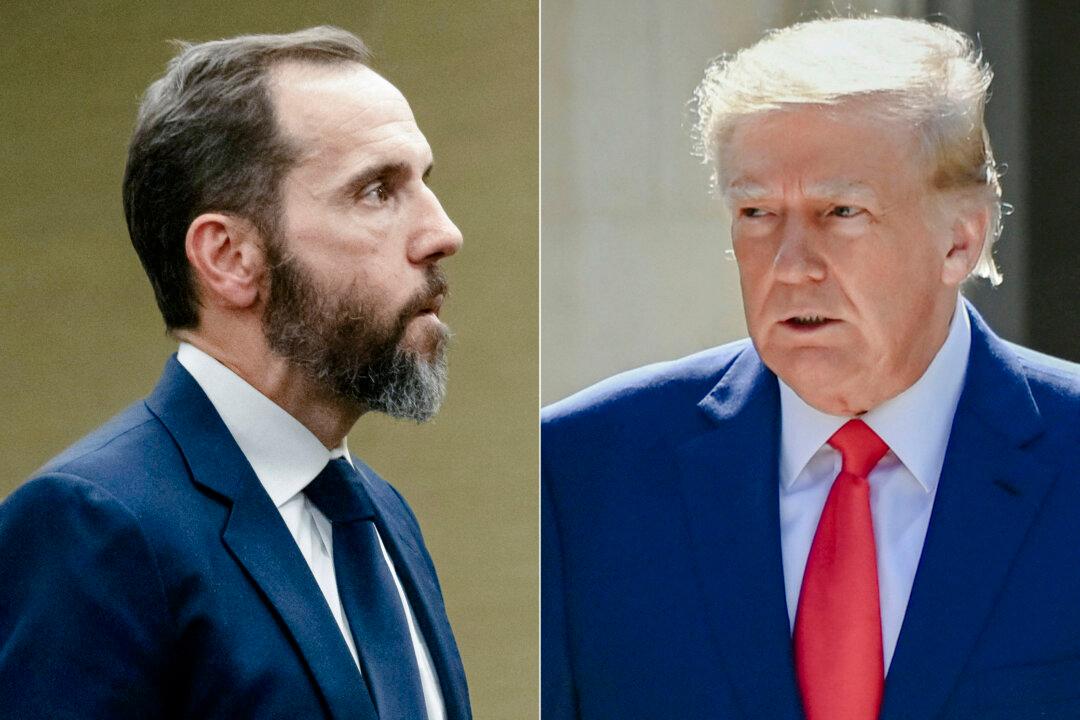Special Counsel Jack Smith filed a legal brief under seal on Thursday in his Jan. 6 case against former President Donald Trump.
The U.S. District Court for the District of Columbia had given Smith until 5 p.m. on Thursday to file a new legal brief after the U.S. Supreme Court ruled that Trump was protected by some presidential immunity from criminal prosecution.





